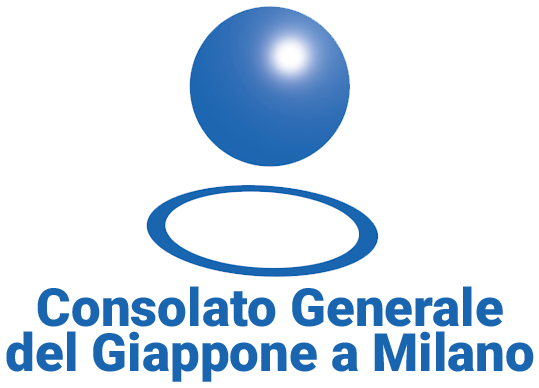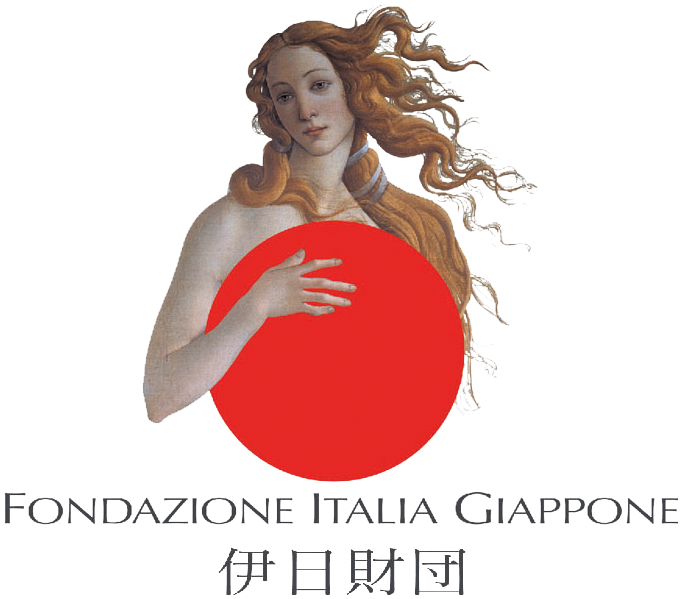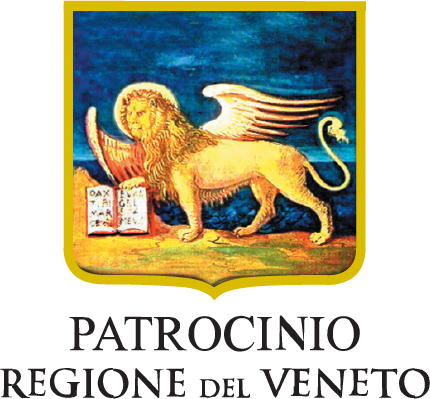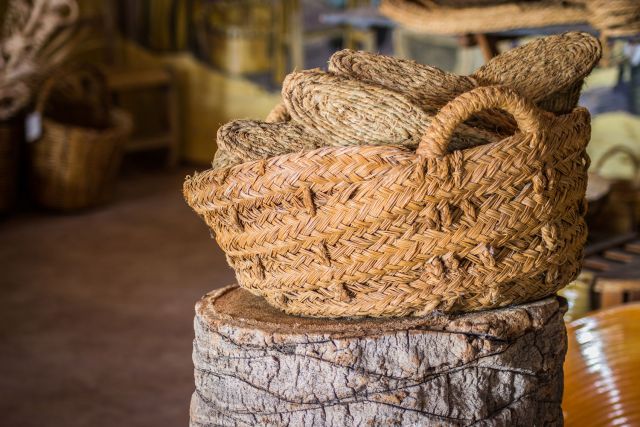
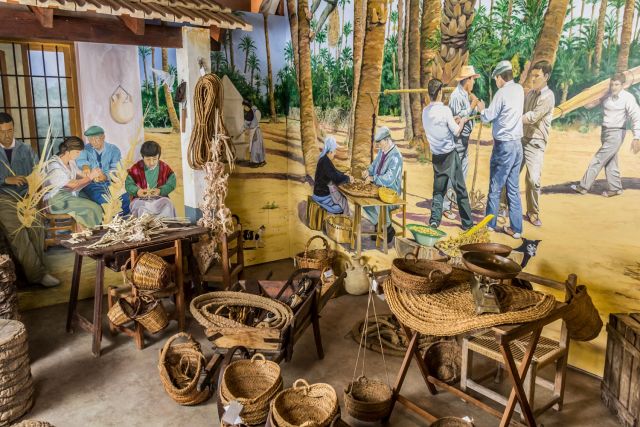
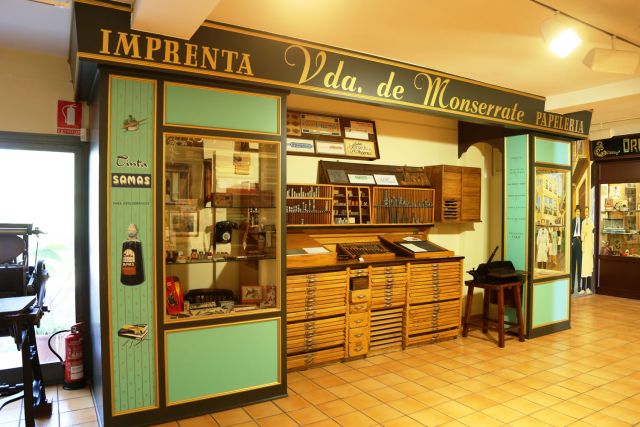
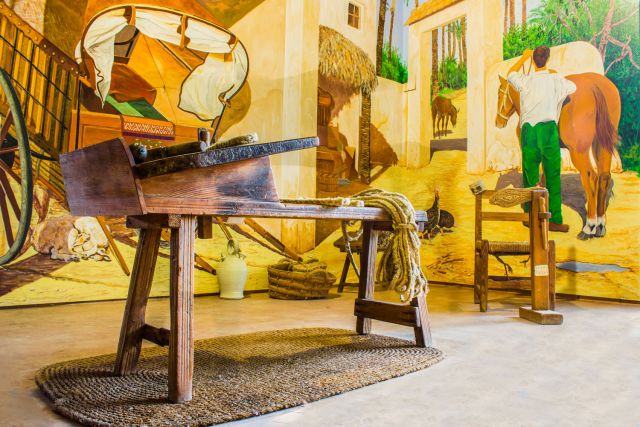
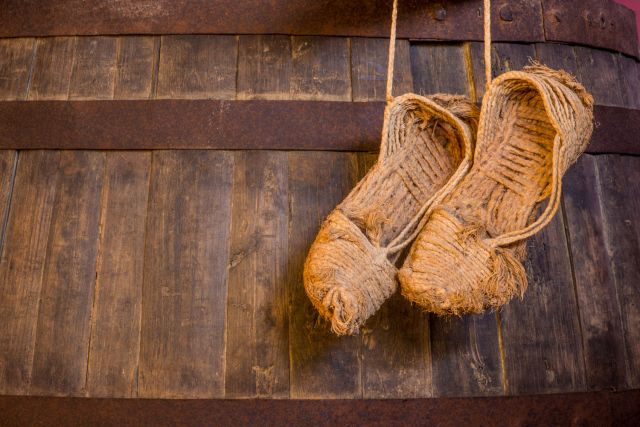
Puçol School Museum
- Elche, Spain
- Museum
Camí Puçol 8, 03296 Elche, Spain
Monday to Friday 09:00 - 13:30/16:00 - 18:00; Saturday and Sunday 11:00 - 14:00
+34 965938985
It is an educational and museum project developed since 1968 in a school in the rural district of Puçol in Elche, Alicante. A small team of teachers and collaborators teaches schoolchildren the culture and traditions of Elche and its surroundings, using its local historical heritage as a didactic resource. They also organise different activities to involve the community in the conservation and recovery of its traditional objects, disappearing crafts and elders’ oral memory. With this, they aim to connect their students with a culture they no longer know.
As an ethnographic museum, this institution brings together valuable objects from the 19th and 20th centuries, linked to the material and immaterial culture of a rural and urban world in a constant process of transformation. It exhibits ropes, baskets, clothes, fabrics and ornaments made of white palm, esparto grass, hemp and cotton, which were part of the region’s household goods in the past. Some are the work of artisan María Sabuco Mendiela and her family, neighbours and members of the museum association. Also on display are farming, industrial and commercial utensils, tools and furniture. This Spanish museum was the first European project recognised by UNESCO in the Register of Good Practices for the Safeguarding of Intangible Cultural Heritage.







